Hi Susun,
Lately I’ve noticed my memory is not as good as it used to be. My grandmother has advanced Alzheimer’s Disease so I am a bit concerned. I’m still young (early 20s) and would like to make any lifestyle changes now to enhance / recover my memory. Can you help?
Susun’s response:
Even a single family member who is senile or afflicted with Alzheimer’s is enough to make anyone dread the possibility. Since women have always lived longer than men, the Ancient Grandmothers have a thing or two to tell us about how to keep our memory sharp until the day we die (at 100+). These remedies are taken from my book New Menopausal Years, the Wise Woman Way. They are arranged in order of safety, with the safest first and the most dangerous last.
“Touch my face, granddaughter,” murmurs Grandmother Growth. “Feel the lines that time has worn. Each line tells a story. Feel the lines in my palms. Every line is a memory. Close your eyes and travel with me to your ovaries, real or energetic. They are your memory baskets. When you feel forgetful, close your eyes and journey to the place of memories. Touch your face, your palms, return to this place, and retrieve the memory you want.”
“And, dearest,” Grandmother’s voice sighs with the wind, “Remember yourself.”
Follow these tips to prevent memory loss:
• Improve your memory fast with meditation. Start with five minutes a day. You can do it! Breathe out.
• Researchers doing double-blind studies on treatments for those with memory loss, dementia, or Alzheimer’s, consistently note that placebos generate a very strong response. In one instance, those on the placebo did so well that it was suspected that they did not have sufficient impairment at the beginning of the study. So get a bottle, label it “Memory Pills,” fill it with candy or nuts, and take one every time you forget to.
- Ginkgo biloba tincture has been well studied for the treatment of those dealing with Alzheimer’s and dementia. In one study, of those taking the leaf extract, 27 percent maintained cognitive functioning and memory, while 86 percent of the placebo group lost functioning. CAUTION: Ginkgo increases aspirin’s blood-thinning effects.
- Mental exercise (word puzzles, reading, writing) and physical exercise are important aspects of nourishing and tonifying the brain and memory. Memorize poetry and recite it for friends. Volunteer for Community Theater and memorize your part. The more you use your memory, the stronger it will be.
- Lower your blood pressure and improve your memory. In a study of 200 men and women, those with even moderately high blood pressure (164/89) had more memory problems than those with normal blood pressures. A dropperful of motherwort tincture (Leonurus cardiaca) daily dependably lowers blood pressure and can generally be used safely with drugs if desired. (Do not use capsules of any herb while you are taking a drug.)
- My father has been taking 400 IU of d-alpha tocopherol (supplement form of vitamin E) and 2-3 dropperfuls of ginkgo tincture (not capsules) since his non-Alzheimer’s dementia was first apparent, more than fifteen years ago. His doctors remain amazed at the glacial pace of his losses.
- Think taking estrogen will save your memory? Think again. The largest (120 women) scientifically rigorous study (Journal of the American Medical Association, January 23, 2000), found 80 percent of the women taking estrogen replacement (and 74 percent of the women taking a placebo) had less memory, less ability to perform daily tasks, and less cognitive functioning after fifteen months of treatment.
Green blessings, Susun Weed
photos: Wise Woman Spiral © iStockphoto.com / Chuck Spidell | Intentions © 2004 Melissa Harris


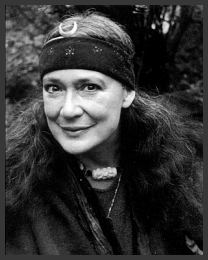
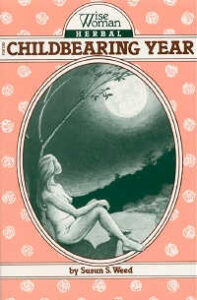
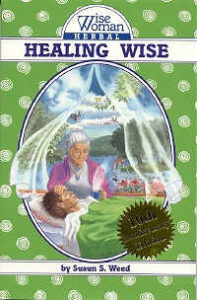
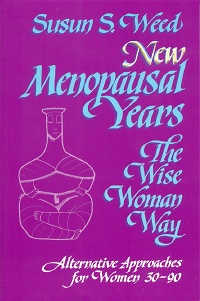
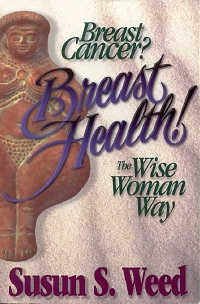
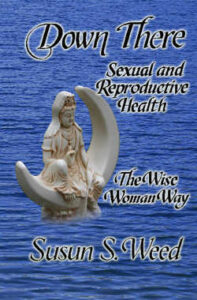
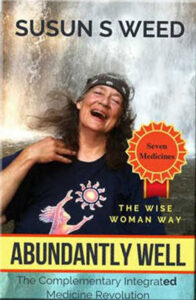



0 Comments